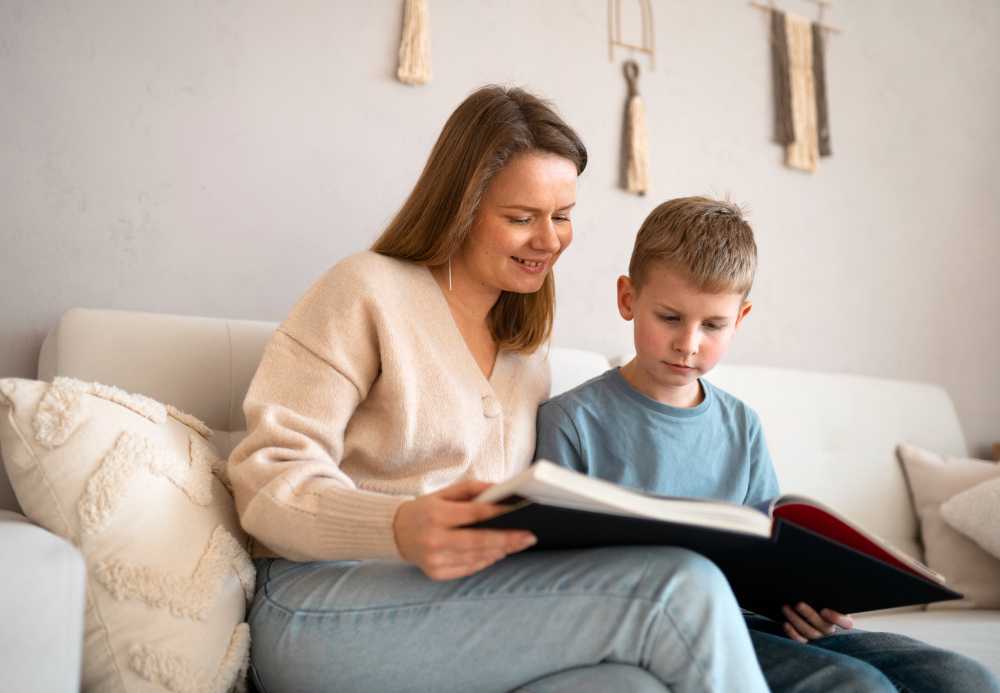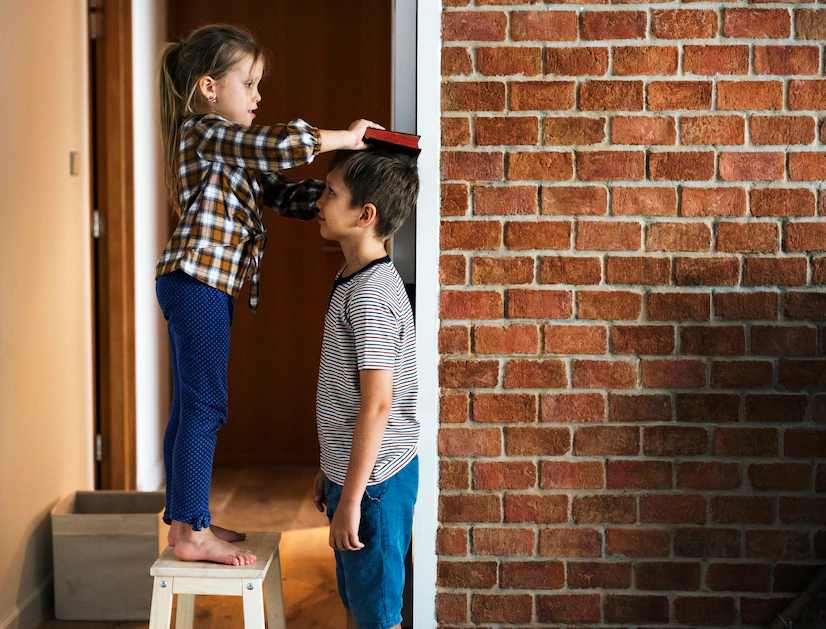 In today’s fast-paced world, where mums and dads are both working hard to bring the bread to the table, the question of leaving kids on their own, even for some time remains unanswered. According to a study, around 40% of children in the world are ‘latch key’ kids, meaning, they return to empty homes, unlock the keys and settle in for a good amount of time before either of the parents returns home from work.
In today’s fast-paced world, where mums and dads are both working hard to bring the bread to the table, the question of leaving kids on their own, even for some time remains unanswered. According to a study, around 40% of children in the world are ‘latch key’ kids, meaning, they return to empty homes, unlock the keys and settle in for a good amount of time before either of the parents returns home from work.
This is a trend developing more in recent times as the concept of the nuclear family, and both parents working is emerging, contrary to the past generations that consisted of stay-at-home moms only.
The golden question, ‘ When can I leave my child unattended fearlessly’ needs to be explored as more and more mums are now entering the workforce.
In this article, we will shed some light on the ‘right age’ for kids to be left alone and what measures parents can take to ensure their kids’ safety.
As human beings, we must understand that every child grows and matures at his/her own pace, and therefore one 10 years old may be completely different from another 10 years old in terms of maturity.
This is why countries and organizations have not yet specified rules and regulations when it comes to leaving children unattended, but, on the other hand, there are also strict punishments and legal consequences if children are found to be neglectfully left unsupervised, in some countries.
This is what we call a catch 22 situation where sound parental judgment is required before making a decision. As for the United States of America, every state has its own policy about leaving kids alone, In Ontario, Canada, the age at which a child can be left without an adult is 16 years. In the UK, age 16 is the number, but with a condition that they can not be left unsupervised overnight. So, we see every state has its own guidelines, but the most important element required when making this decision is; parental judgment of the circumstances and their child’s maturity level.
Some good questions to ask oneself before deciding to leave kids unattended could be:
What are the legal guidelines in the particular state/country I live in?
Is my child’s age according to the guidelines? -Can my child understand and follow the instructions in my absence?
Is my neighborhood a safe place?
Is there someone in the neighborhood where the kids can go in case of any emergency?
How long would my absences be every day, will my child be able to cope? It is also very important to take these steps, to make the unsupervised time as safe as possible for your child:
Explain to your child, your itinerary, the duration of your absence, the time you expect to return home, and your location.
Make sure he has contact numbers of the parents, closest family members, or any person you trust, emergency numbers, and doctors’ number and address.
Ask your child if he feels confident, or if he feels scared. If he is not ready, don’t force it on him as it will instill fears and will affect his confidence.
Teach your kids how to lock doors, how to put out a fire or call for help, to keep away from sharp objects and flammable liquids.
Do set out rules clearly and have them written down in a place where they can read.
Instruct them how to never mention on any platform that they are home alone, in case the phone rings, teach them to reply by saying, ‘Mom can’t take the call right now, she will return your call” instead of telling her she is not home.
Have someone you trust to check on them once in a while. -Teach them never to open doors for strangers, and to people, they don’t trust.
Most of all, try leaving them for shorter periods of time, as a trial, before jumping straight into the routine. In a nutshell, there is no magic number, instead; it is a big decision for the parents who, sometimes, are left with no choice but this.
So, whenever taking this leap, sit down and talk with your children, give them a walkthrough of what it will be like, get community help and support, and most important of all, make sure you know the right rules and regulations imposed by your local Government.
You may like: You should stop saying these 6 things to your kids.
According to a study, most families spend just eight hours a week together on average, whereas a weekend should consist of a minimum of two hours devoted to children. Moreover, we see that ‘family time’ may often end up in members watching TV in silence, busy reading, or on phone out of sheer exhaustion. Such a phenomenon may amount to a total lack of parent-and-child bonding resulting in a number of behavioral problems and other insecurities that may affect a child into his or her adult years. Read More:
![]()











